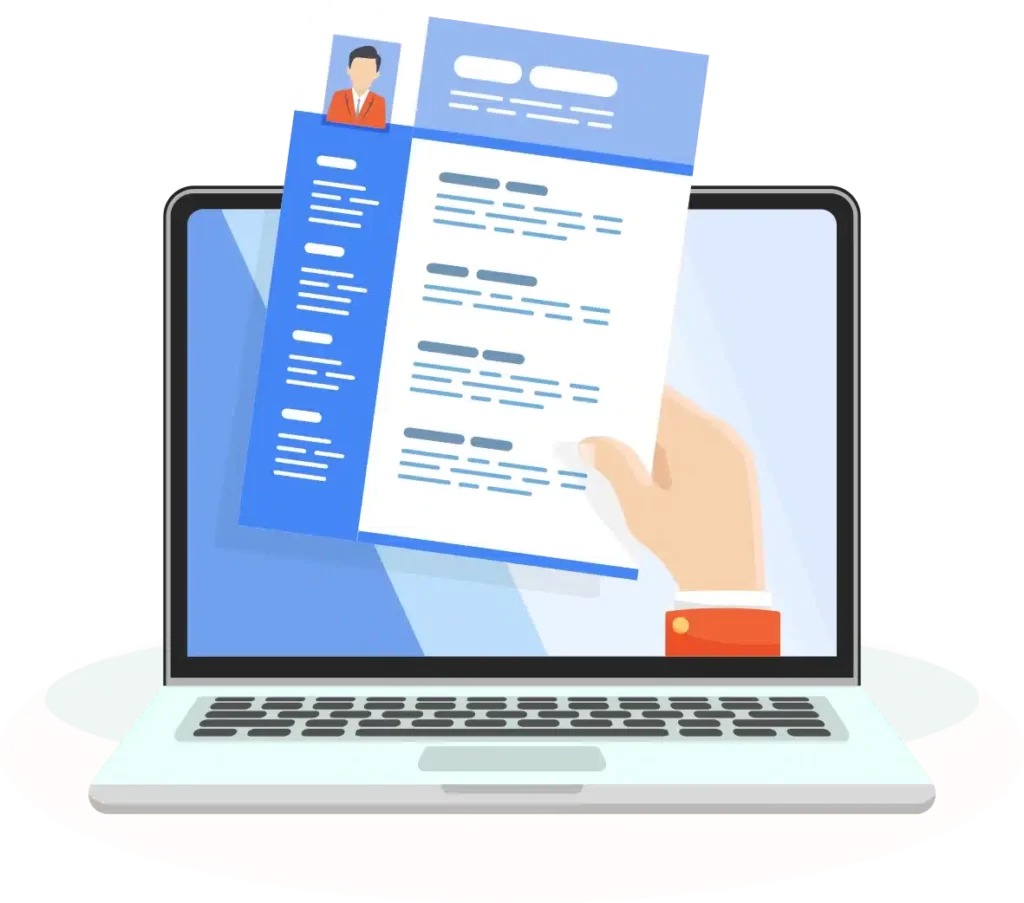Do I Need a Sponsor to Move to the Netherlands?
Moving to a new country is an exciting yet daunting task. Among the many considerations for individuals planning to move, the question of whether you need a sponsor to relocate to the Netherlands stands out. In this article, we will explore the concept of sponsorship, the various types of visas available, the requirements associated with them, and practical advice to facilitate your relocation to this beautiful European country.
Understanding Sponsorship
When we mention the term "sponsor" in the context of immigration, it generally refers to an individual or entity that provides financial support and eligibility for a visa. Within the framework of Dutch immigration policy, there are various types of sponsorship that one should consider before making the big move. The requirements heavily depend on your nationality, job status, and purpose of relocation.
Types of Sponsorship in the Netherlands
1. Employer Sponsorship
If you're planning to work in the Netherlands, securing a job offer is paramount. In this case, your employer can act as your sponsor by applying for a work permit on your behalf. This is common for highly skilled migrants and those applying for the EU Blue Card. To qualify, your employer must be registered as a recognized sponsor with the Dutch Immigration and Naturalization Service (IND).
2. Family Reunification Sponsorship
If you have a family member already residing in the Netherlands, they could sponsor your move. This is especially pertinent for spouses or registered partners of Dutch citizens or residents. The process involves proving the relationship and meeting specific requirements regarding income and accommodation.
3. Study Sponsorship
For individuals intending to study in the Netherlands, universities often act as sponsors. Admission to a recognized educational institution may simplify your visa application process, as it provides proof of enrollment, thereby ensuring your financial stability through tuition payments and living expenses.
Visa Types That Require Sponsorship
Understanding the different visa options is crucial for anyone considering relocating to the Netherlands. Here is a closer look at some common visa types requiring sponsorship:
1. Highly Skilled Migrant Visa
This visa is aimed at highly educated professionals filling skilled positions in the Netherlands. Your employer must be recognized by the IND to act as your sponsor. They will need to ensure that your salary meets a prescribed minimum threshold based on your age and experience level.
2. EU Blue Card
Designed for highly skilled non-EU migrants, the EU Blue Card also requires employer sponsorship. This card allows you to work and live in an EU country (in this case, the Netherlands). It's ideal for professionals in sectors experiencing labor shortages.
3. Student Visa
As previously mentioned, to obtain a student visa for the Netherlands, you typically need a university sponsor. Your acceptance letter serves as part of your visa application, proving that you have been offered a place to study.
Other Considerations
In some cases, you may not require a sponsor to move to the Netherlands. Citizens from certain countries can enter the Netherlands without a visa for short stays up to 90 days. However, you will still need to establish your purpose during your stay. Here are some concluding thoughts on individual circumstances:
-
Self-Employed Visas: If you're an entrepreneur intending to start a business in the Netherlands, you won't need a traditional sponsor, but you must provide a viable business plan and prove financial independence.
-
Retiree Visa or Income-Based Visa: If you are moving to the Netherlands for retirement or if you possess adequate income from abroad, a sponsor may not be required.
Practical Steps to Move Without a Sponsor
Even if a sponsor is required for your specific visa type, there are ways you can streamline the process of your relocation to the Netherlands. Here’s a brief guide.
Building a Professional Network
One of the best ways to find a potential sponsor (usually an employer) is by building your professional network. Platforms like LinkedIn can help you connect with Dutch professionals in your field. Engaging in online communities related to your profession can uncover job opportunities and provide leads on companies willing to hire international candidates.
Crafting a Compelling Resume
A well-crafted resume is your first point of contact with potential employers. In the Netherlands, your CV should be effective, concise, and tailored to the job you are applying for. If you're uncertain about how to create a high-quality CV, don't hesitate to check out our Harvard CV Template, which provides guidelines and recommendations for drafting your CV.
Learning the Language
While English is widely spoken in the Netherlands, especially in urban areas and in professional environments, learning Dutch can offer a competitive advantage. Not only does it showcase your commitment to integrating into Dutch society, but it also opens up additional job opportunities that may require language skills.
Understanding Dutch Culture and Work Ethics
Familiarize yourself with Dutch work culture and etiquette. For instance, the Dutch value direct communication and emphasize a healthy work-life balance. Understanding these facets can help you adapt quickly and find common ground with potential employers.
Conclusion
In conclusion, whether you need a sponsor to move to the Netherlands largely depends on your specific circumstances—employment status, family ties, or academic pursuits. Understanding the different types of visas and sponsorship requirements can help you navigate the complex immigration landscape.
Truly, moving to the Netherlands can be a rewarding experience, filled with opportunities for personal and professional growth. If you are still apprehensive about how to present yourself through your CV, check out our comprehensive Harvard CV Template that will guide you in crafting a standout resume.
By taking the right steps and preparing adequately, you can successfully transition to life in the Netherlands, whether it is through a sponsor or by meeting other criteria. As you embark on this exciting journey, remember: an informed applicant is an empowered one. Happy moving!




